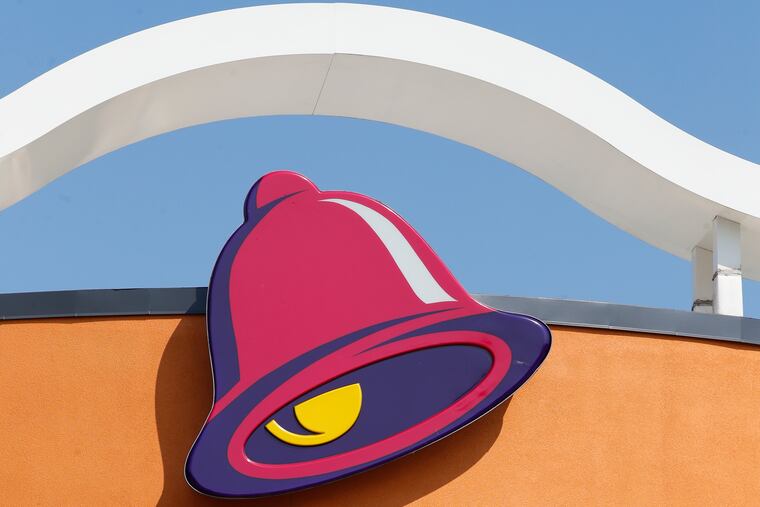A New Jersey couple is suing Taco Bell over fine print and $2.18 in chalupas
Their beef is bigger than a couple bucks at the drive-through, though.

After watching a 30-second commercial featuring a frazzled children’s librarian seated in a dimly lit room, scarfing down a chalupa supreme, a beefy five-layer burrito, a crunchy taco, an order of cinnamon twists, and a medium drink — all part of Taco Bell’s advertised $5 Chalupa Cravings Box — a New Jersey couple knew exactly what they wanted for dinner.
But no quiero, Taco Bell.
Expecting to shell out exactly five bucks for the beaucoup 'Bell in May 2018, Nelson Estrella-Rosales and Joann Estrella were aghast when they were charged $6.09 each — $12.18 total — before tax for the boxes of 88% beef.
When the pair tried to confront a store manager about the meal, they were told that the commercial’s fine print states “prices may vary.”
So, the Estrellas did what anyone wronged over a couple of chalupas would do: hire a lawyer and let the federal government deliver cold, hard-shell justice.
Arguing that they “incurred losses relative to [Taco Bell’s] misconduct,” the Middlesex couple are now suing Taco Bell in U.S. District Court in New Jersey for the gas and “time wasted” while driving 7.2 miles round trip to the restaurant, as well as compensatory damages, lawyers’ fees, and any other relief afforded to them as “victims of fraud.”
But the Estrellas’ beef is bigger than a couple bucks at the drive-through, said their lawyer Douglas Schwartz. It’s about consumer-fraud protection and the fine print.
According to Schwartz, the commercial’s text advertising a $5 Cravings Box is presented in a bright yellow font against a black background, measuring 2 inches in height by 1½ inches. The “prices may vary” disclaimer, on the other hand, is “visible for only 3 seconds of the 30-second television commercial” in a light-white text against a light-gray background, measuring ⅛ of an inch by 1/16 of an inch.
The commercial, Schwartz said, “clearly violates” the New Jersey Administrative Code requiring disclaimers to appear “in a type size and style that is clear and conspicuous relative to the other type sizes and styles used in the advertisement.”
“Any reasonable person can look at the law in New Jersey, and look at that advertisement and see that it’s a bait and switch,” Schwartz said.
Taco Bell, meanwhile, argues that its conduct was in “good faith” and that the advertisement in question complied with federal and state law.
The ad “makes it clear” that the $5 price “may vary” and is available only “at participating locations,” lawyers for Taco Bell wrote in court filings last week in the case, which was filed in September. “Although plaintiffs had every opportunity to find a participating location, they allege they visited a Taco Bell restaurant that charged $5.99 for the Chalupa Cravings Box.”
They added: “A reasonable consumer would not be misled under these circumstances.” It wasn’t clear how many Taco Bell locations charged only $5 for the box.
Now, the fast-food restaurant is ready to fight its case of cravings in court.
“Taco Bell and its franchisees are proud to provide millions of guests with our delicious, affordable food every day,” a spokesperson said. “Our advertisements are truthful and accurate, and we will defend this case vigorously.”